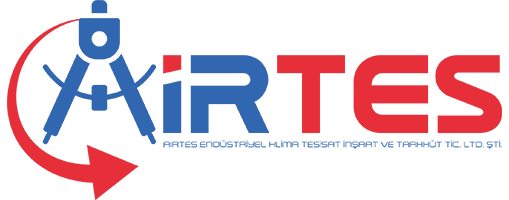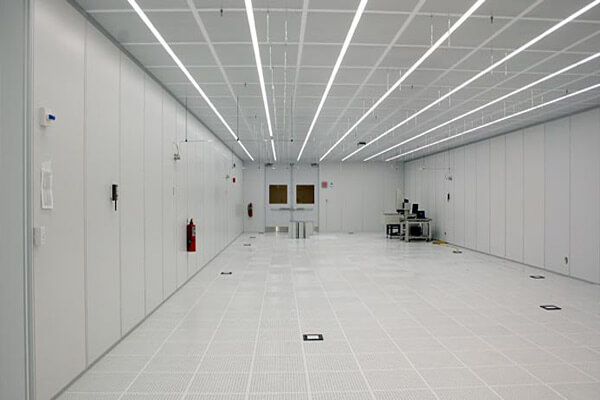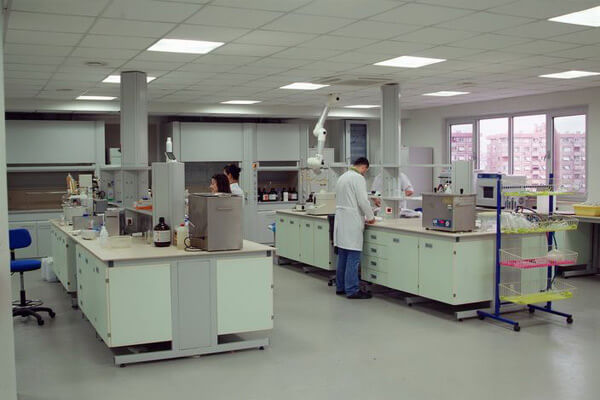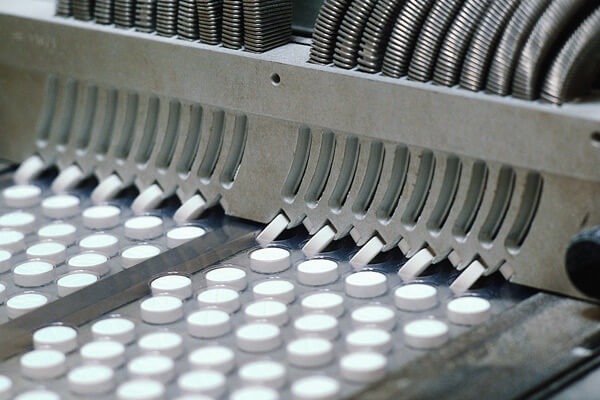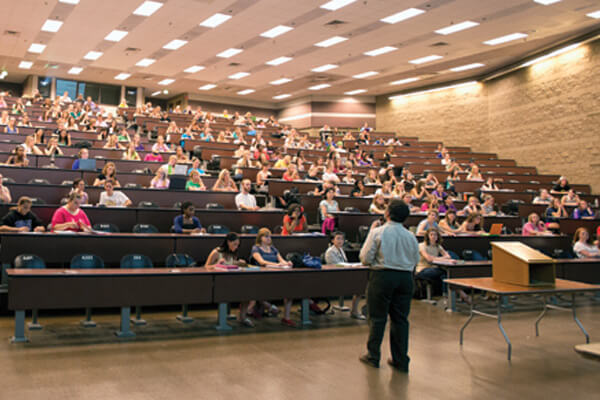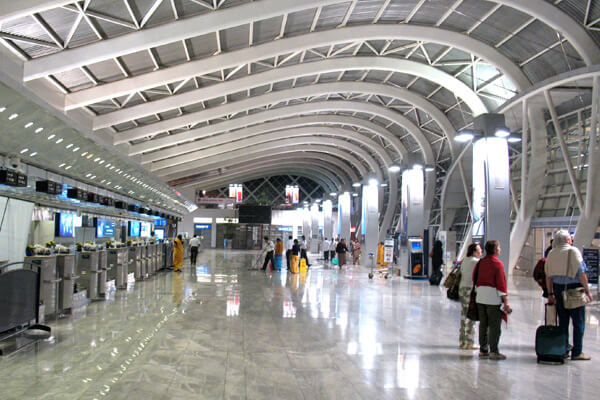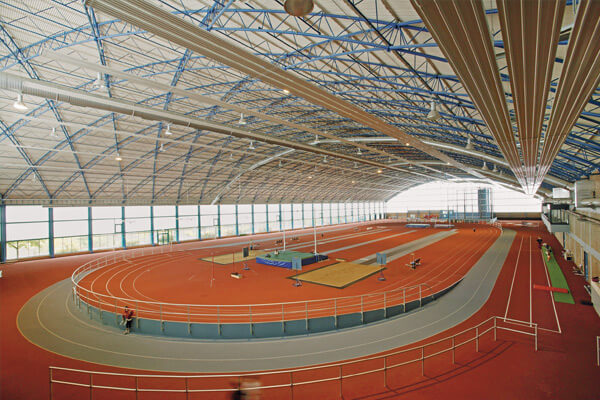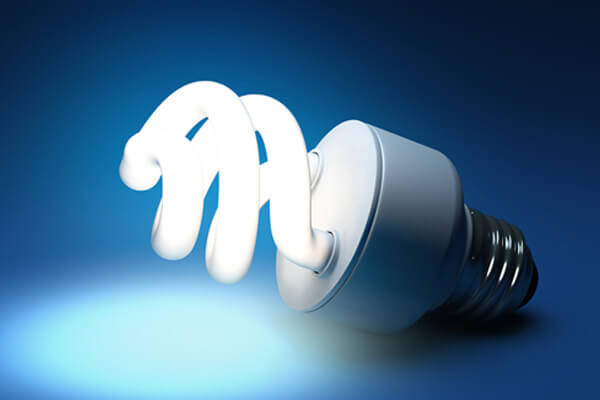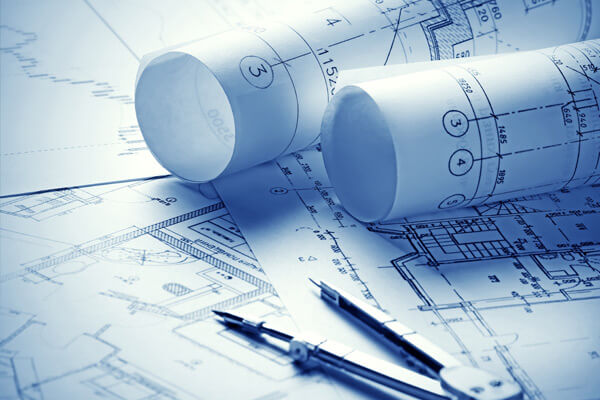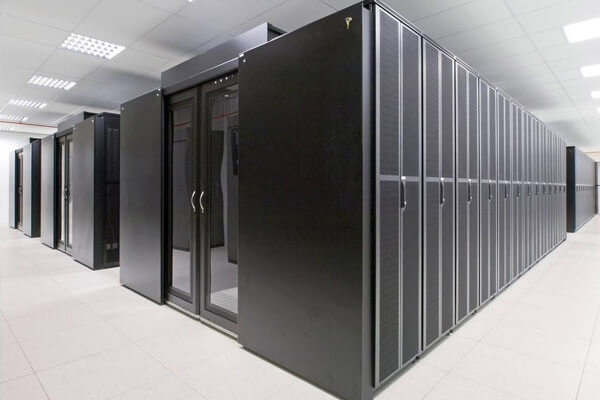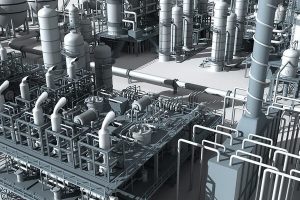
How to Save Energy in Industrial Air Conditioning Solutions?
Determining the temperature set point according to the occupancy level of the building. Adjusting the heating and cooling power according to the real needs of the building
Adapting the ventilation flow according to the indoor air pollution rate. Recovery of heating and cooling power from the evacuated air
Thanks to these solution suggestions, an effective energy saving will be achieved in air conditioning systems used in industrial facilities by determining the solution proposal that is intelligent, self-controlling and suitable for the system structure.
Designs to be Used in Industrial Air Conditioning Solutions
The main purpose of industrial air conditioning systems to be used in hotels, hospitals, shopping malls, business centers, data centers, public institutions and other industrial facilities is energy efficiency. An easy-to-operate system design is required in these air conditioning systems. In system design
Functionality: Installation of a system that can adapt to any conditions.
Energy Efficiency: Installation of a system considering the energy efficiency criteria.
Institution and Operating Cost: Considering the initial investment cost and possible maintenance costs of the system to be installed.
Flexibility: Installation of a system suitable for changing settlement conditions.
Service and Maintenance: One of the most important factors for the sustainability of industrial air conditioning systems is the ease of service and maintenance methods.
